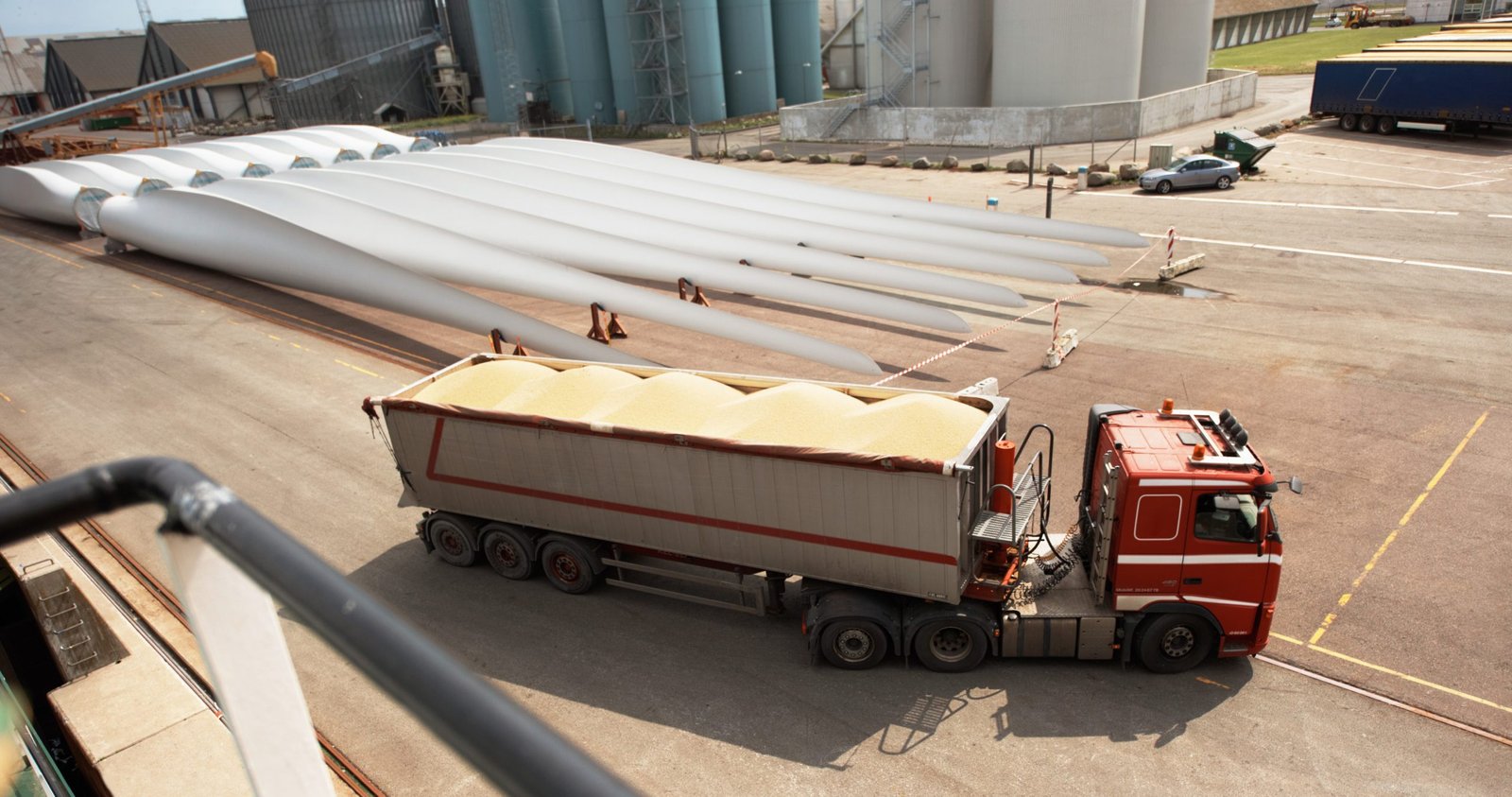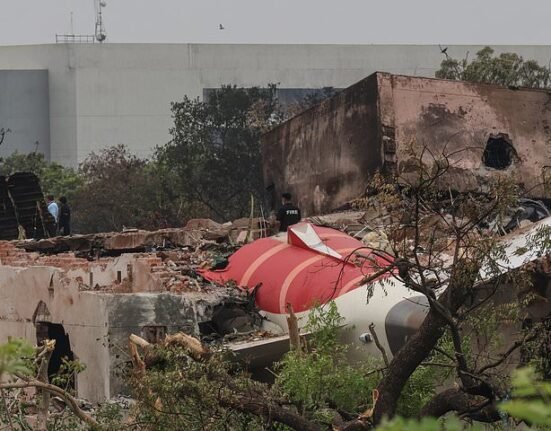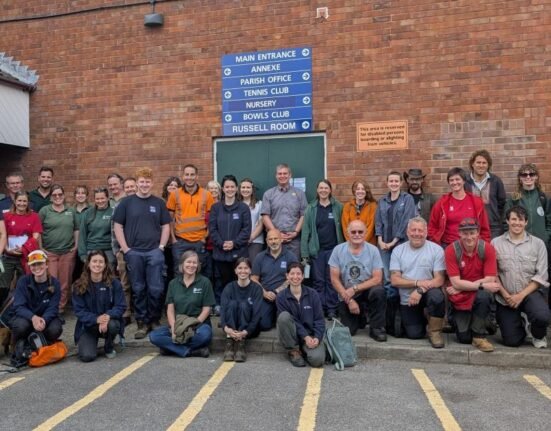For many UK construction businesses, especially those in the SME bracket, managing the transport of heavy machinery in-house might seem like the most cost-effective route. After all, who knows your site schedules, plant requirements, and operational constraints better than your own team?
But as the volume of work increases and project timelines tighten, in-house logistics can quietly evolve into an under-the-radar drain on productivity. It eats away at valuable time, stretches internal resources, and adds unnecessary risk. A study conducted by the Chartered Institute of Building (CIOB) found that over half (51%) of UK construction firms reported that transport-related delays frequently impact their projects.
This is particularly true when it comes to moving plant and machinery, whether domestically across the UK or across borders into Europe and beyond.
More Than Just a Delivery
Transporting plant and construction equipment is not as simple as booking a lorry and waving the goods off. It involves route planning, carrier selection, compliance with road and safety regulations, managing customs documentation for cross-border movements, and, in many cases, securing movement orders or permits for oversized loads. For many firms, this falls under the broader category of abnormal load haulage, which requires specialist knowledge and meticulous planning.
For construction teams without dedicated logistics expertise, these steps can quickly snowball into a full-time task. A typical in-house process might involve:
- Identifying and vetting suitable carriers with appropriate low-loaders or step-frame trailers
- Coordinating precise delivery windows to match site availability
- Navigating UK and EU road regulations and permit requirements for abnormal loads
- Preparing and checking customs declarations, HS codes, and movement certificates
- Liaising with multiple hauliers, ports, or depots during multi-leg transport
- Managing risk associated with damage, delays, or incorrect documentation
None of these tasks are core to construction, but all of them are essential to keeping sites running smoothly.
The Real Cost of Internal Freight Admin
Every hour your team spends comparing freight quotes, chasing delivery updates, or correcting customs paperwork is an hour not spent planning, supervising, or delivering the actual job. These hidden time costs can add up quickly, especially when managing multiple sites or high-value equipment.
Delays in plant delivery can mean work grinds to a halt before it even starts. If a piling rig or telehandler does not arrive on time, site progress stalls. And when site programmes slip, reputations and margins suffer.
Common Challenges in Moving Construction Machinery
For firms managing their own logistics, the following scenarios may sound all too familiar:
- Customs delays due to missing or incorrect documentation, particularly post-Brexit
- Missed delivery windows leading to idle labour and subcontractors
- Last-minute route planning problems for abnormal loads, requiring diversions or permits
- Difficulty accessing consolidated or part-load options for smaller units
- Lack of visibility across carriers, making it hard to track machinery in transit
- Over-reliance on spreadsheets to manage critical equipment moves
These are not fringe issues. They affect your ability to deliver projects on time and on budget.
Why More Firms Are Outsourcing Logistics
Freight forwarding specialists are increasingly supporting construction firms that want to focus on the build, not the booking. With years of experience in moving plant and machinery across the UK, Europe, and beyond, logistics partners take care of the entire transport process.
That includes:
- Sourcing the right vehicle and handling permits for abnormal loads
- Managing customs declarations and paperwork for imports and exports
- Consolidating part-load shipments to reduce transport costs
- Planning delivery routes in line with site timings and access restrictions
- Providing real-time updates and clear communication throughout
Whether you are moving a single excavator or coordinating a complex, phased delivery schedule for a major project, working with a dedicated freight partner can ensure everything runs smoothly.
Supporting Staging and Storage, Too
Beyond direct transport, some projects require flexible options for warehousing or pre-delivery staging. Third-party logistics providers can offer temporary storage for plant near the site, allowing equipment to be called off in phases without overcrowding the jobsite.
This service is especially useful for large projects with limited access, for firms managing multiple live sites, or when receiving plant ahead of scheduled construction windows.
By positioning machinery where and when it is needed, firms reduce risk, minimise downtime, and create more breathing room for site managers and procurement teams.
Do Not Let Logistics Hold Back Delivery
Construction is a deadline-driven industry. Any delay in plant arrival can ripple through your entire programme, delaying subcontractors, pushing back inspections, and putting pressure on already tight margins.
Self-managing logistics might have worked when your operation was smaller, but as projects scale, the strain becomes visible. What starts as a few hours a week spent chasing deliveries can snowball into full days lost to admin, paperwork, and firefighting.
Bringing in a specialist does more than save time. It improves consistency, reduces costs through smarter planning, and helps your firm deliver a better experience, both for your team and your clients.
Final Thoughts
If your business is still managing its own machinery logistics, now might be the time to reconsider. Outsourcing to a professional freight partner like Barrington Freight allows you to focus on what you do best: building and delivering high-quality construction projects.
With expert support, delays become exceptions rather than routine. Machinery arrives where and when it should. And your team gets the freedom to focus on the job, not the journey.







